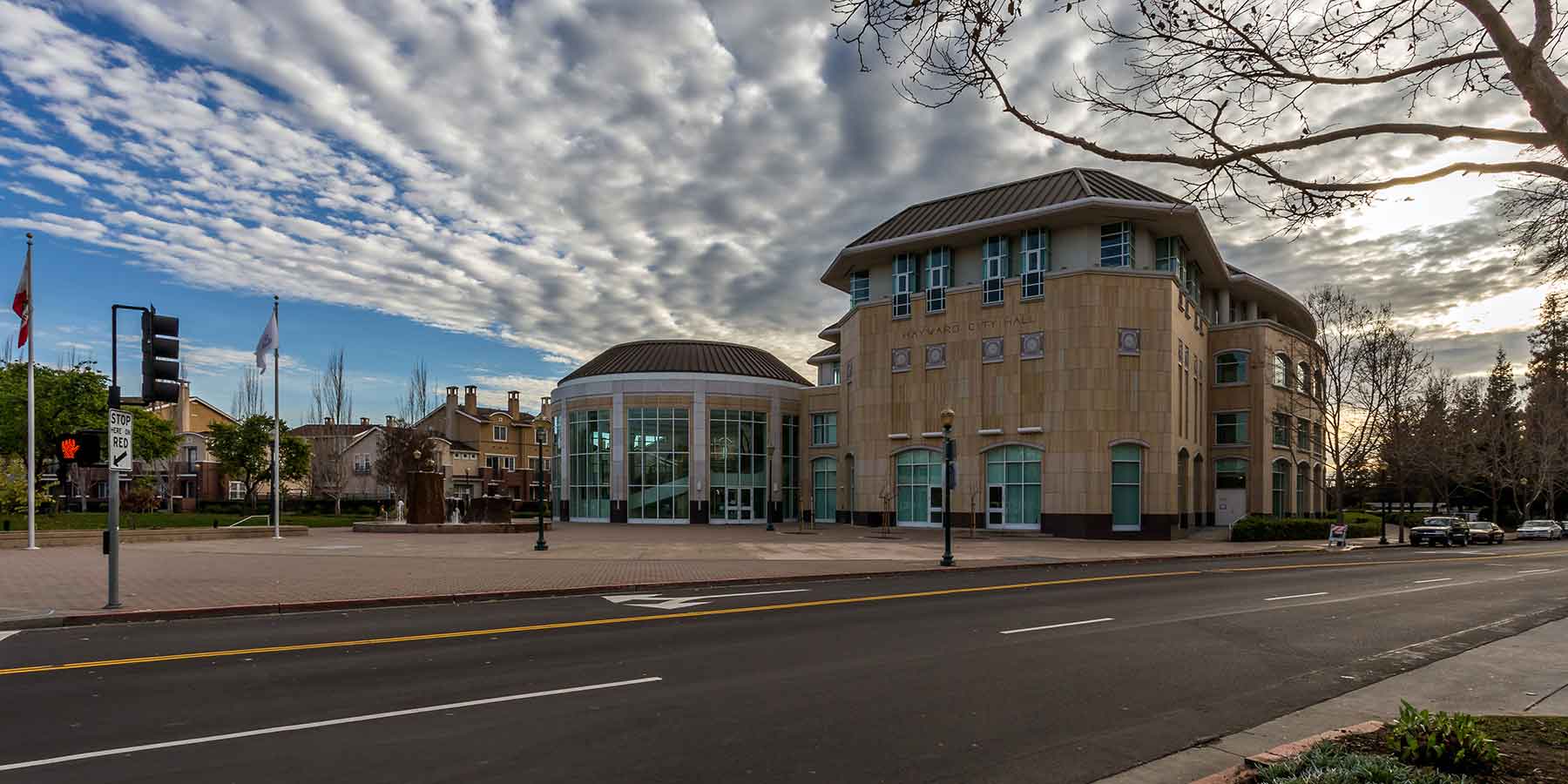City Council okays emergency actions to shelter people experiencing homelessness, help them secure permanent housing
HAYWARD, Calif., Jan. 25, 2019—The Hayward City Council has authorized emergency action to fast-track establishment of a Navigation Center on City-owned property to provide temporary shelter for people experiencing homelessness and help them secure permanent housing.
Modeled on a project showing success in the City of Berkeley, the Hayward Navigation Center would have 45 beds in two modular units for individuals to stay up to six months, on-site laundry, bathroom, shower and other facilities, 24-hour resident access and onsite management staff, and provide all residents one meal a day.
One to two outreach social workers would be assigned to encourage people living in encampments or illegally inhabiting vacant buildings to move into the Center. Center case managers and housing specialists would work with Center residents to help them find, secure and move into permanent housing.
Specifically, the Council voted unanimously on Tuesday to extend an existing declaration of an emergency homeless shelter crisis; grant the city manager emergency contracting authority to rapidly establish and implement the Navigation Center, and appropriated up to $3 million in state and local funding for the project.
The Navigation Center will be located on vacant City-owned land at the corner of Whitesell and Depot roads in the City’s industrial zone and in proximity to Alameda County Transit bus service with connections to South Hayward BART.
The Navigation Center would respond to a long-standing need in the City of Hayward, where, according to the most recent point-in-time count and survey, there were estimated to be approximately 400 people living without a home, mostly individuals without access to even emergency shelter.
Currently, there are two permanent homeless shelters in all of Hayward, and they are limited to families and women with children.
The new Hayward Navigation Center will be modeled after Berkeley’s successful STAIR program, which provides service-rich transitional housing and graduates seven individuals a month into permanent housing.
The estimated cost is $2.5 million annually and $500,000 in one-time upfront startup expenses—with initial funding coming from city revenue from the sale of former California Department of Transportation property and state and federal dollars.
The new Center is expected to open by next winter—in late 2019 or early 2020.
Review related documents below:
Download the full News Release








